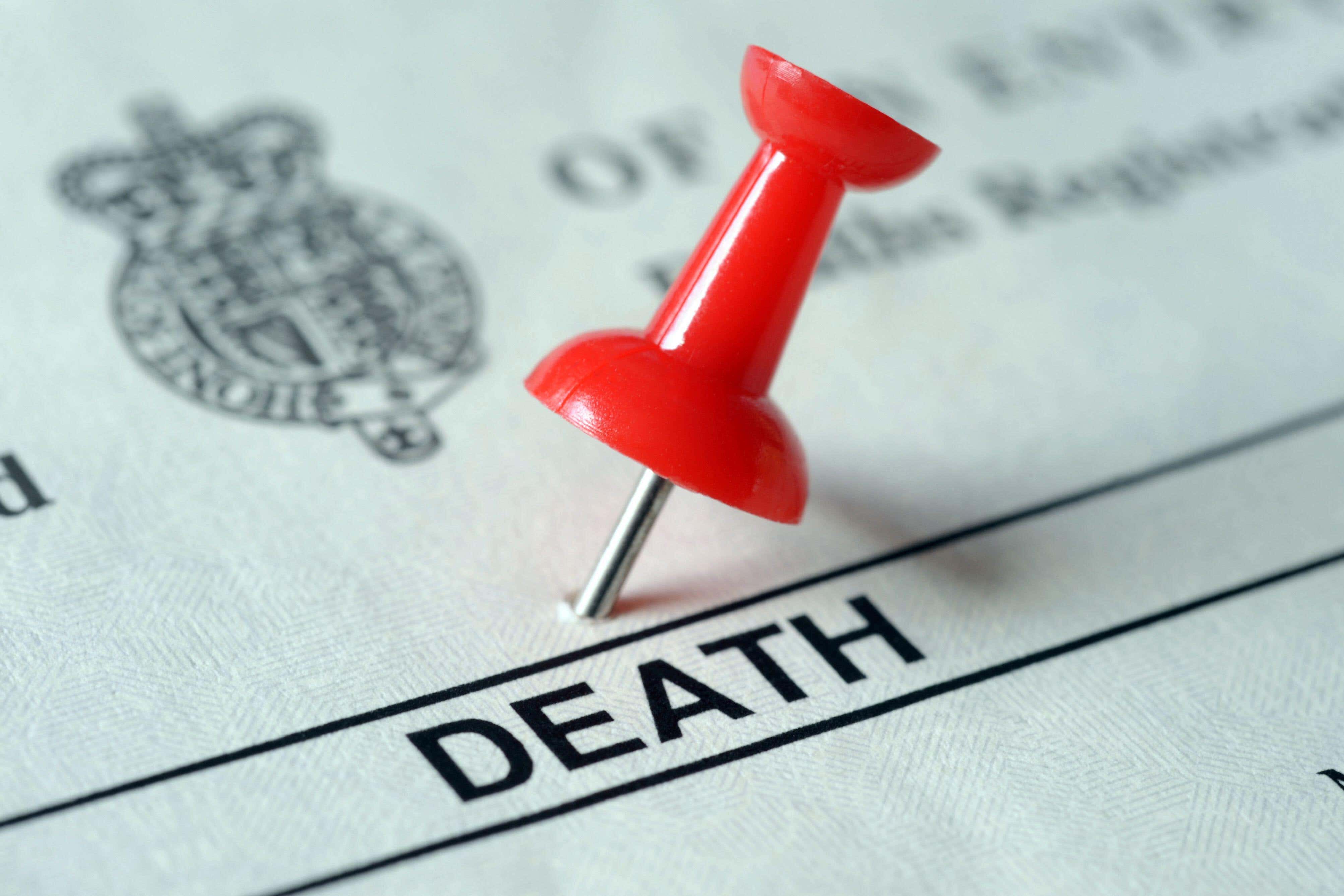UK strategy for preventing repeat deaths ’a systemic scandal’
After inquests, coroners can make recommendations to prevent similar deaths from happening. But their suggestions are not being implemented and the system needs urgent reform, say campaigners

Bereaved families have branded a loophole over coroners’ warnings on preventable deaths a “systemic scandal” and called for an independent body to make sure recommendations are implemented.
After an inquest, coroners can issue Prevention of Future Death (PFD) reports to an organisation, local authority, government agency or person in a bid to stop similar losses of life – but the suggested changes are not legally enforceable.
The INQUEST charity says its campaign for an overhaul has been boosted after the Independent Advisory Panel on Deaths in Custody (IAPDC) suggested the government set up a new body to audit, follow up and collate PFD report recommendations.
Richard Caseby, whose 23-year-old son Matthew died hours after escaping over a low fence at Birmingham’s Priory Hospital Woodbourne in 2020 when he was left unattended in a courtyard, was one of the bereaved to give evidence to the panel.
The inquest jury ruled the neglect of the hospital contributed to Matthew’s death.
Mr Caseby said: “The coroner at Matthew’s inquest made a clear recommendation to the Health Secretary about the height of fences in acute psychiatric units.
“I still have no idea whether anything has been done to stop this from happening to another family.
“The only way to fix this is for a national commissioner to ensure that coroners’ reports are followed up and their recommendations enforced.”
The IAPDC report, published on Monday, found that “the preventative potential of PFD reports is not currently being fully realised, with families criticising the current system as ‘nothing more than a paper exercise’.”
Both coroners and families express “deep frustration” that further deaths take place under the very circumstances they have previously warned about or experienced, it said.
It also highlighted that coroners’ concerns are often “only cursorily addressed by respondents, or simply not addressed at all”.
Recipients of a PFD report are under a legal duty to consider and respond but there is no sanction if they do not.
The panel also found that the PFD reports vary greatly in quality, limiting their impact, are often published long after the inquest and may not be sent to the organisations that are best placed to ensure changes are made, with no central research system available to co-ordinate the reports.
I still have no idea whether anything has been done to stop this from happening to another family
It suggested, among a host of recommendations, that the PFDs be shared as widely as possible as part of training and learning, and that scrutiny bodies make better use of reports in their reviews of places of detention.
The government should provide the Chief Coroner’s Office with sufficient funding for a research function to regularly monitor and learn from reports, especially those relating to deaths in custody, it said.
Self-inflicted deaths in prisons are at their highest level since 2019, with deaths in or following police custody doubling since last year.
Figures from the Independent Office for Police Conduct show the number of deaths in or following police custody has risen from 11 in the previous year to 23 in 2022/23.
The Ministry of Justice (MoJ) should adequately resource the Chief Coroner’s Office to produce a yearly review of PFD reports for custody deaths, it said.
It added that the government should consider setting up a new body to audit, follow up on and report on PFD reports.
The Department of Health and Social Care (DHSC) should also give “serious consideration” to the creation of an independent body for investigating deaths of those formally or informally detained in mental health settings, the panel said.
Deborah Coles, former IAPDC member and executive director of INQUEST, said: “Families go through protracted and complex inquests after deaths in detention in the hope that no other family will go through the same experience and that positive changes occur.
“Yet time and time again, we see repeated patterns of failure which contribute to these often preventable deaths.”
She added: “We need to maximise the preventative potential of these reports that too often simply gather dust.”
The IAPDC is an advisory non-departmental public body co-sponsored by the MoJ, Home Office and DHSC with the central aim of preventing deaths in custody.



Bookmark popover
Removed from bookmarks